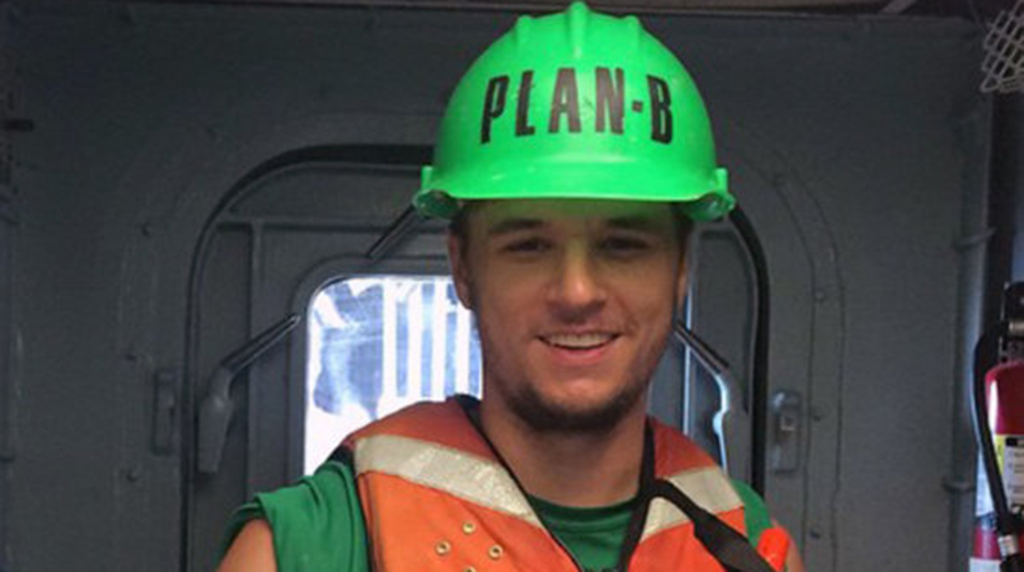|
|
His Work
Andy investigates microbes’ response to chemical changes in their environment from two angles. First, he wants to understand how the microbial population responds to major environmental shifts such as oil spills and how the population changes over time after its initial response. He is particularly interested in determining if microbial populations return to pre-event levels or if they experience permanent changes. Second, he wants to determine how microbial processes related to carbon cycling react to environmental changes.
Andy collects Gulf water samples and immediately measures the rates of certain microbial processes (such as carbon degradation or assimilation) to establish their baseline activity. He then supplements the samples with a certain chemical compound, such as methane, oil, or nutrients, that he hypothesizes will affect the organisms. He measures changes in the rates of the microbial processes relative to baseline observations and analyzes genomic data using stable isotope probing and next-generation sequencing. These observations help him determine which microbial populations the chemicals are enriching or inhibiting and if and how microbial processes are altered. His uses these findings to better understand how these microbes may react to similar exposures in the natural environment.
“After the spill, there was a major increase in carbon uptake and usage because organic matter containing carbon was readily available to microorganisms,” explained Andy. “Understanding which geochemical factors control these processes, how that correlates to the microbial population, and how the population changes over time will help us prepare for future oil spills and other disasters.”
His Learning
Andy’s experiences working in Joye’s lab have helped him understand how important passion is to scientific research. The lab members’ contagious excitement and desire to learn and educate others about the natural world inspire him to give back to society. “The fervor exhibited through their work is unmistakable, and they never stop working to better understand the world we live in,” explained Andy. “I hope this feeling continues to grow and that I am able to leave a positive lasting impact on this Earth through my career.”
His Future
Andy discovered the importance of educating society on scientific issues through teaching undergraduate labs and participating in ECOGIG outreach events such as the Ocean Discovery Zone and Science at the Stadium. He hopes to create future exciting opportunities for others to learn about emerging scientific ideas and findings.
He tells students considering a scientific career to get involved as early and often as they can. “I had the opportunity to do research my freshman year of college. I got hands-on experience from day one and learned a lot of basic lab techniques early on, which greatly helped me advance my skills and knowledge,” he said. “Even if you can’t immediately join a lab, there are many university research courses, citizen science opportunities, or outreach programs to get involved in.”
Praise for Andy
Joye said that during his time in her lab, Andy grew into a thoughtful, meticulous scientist and a passionate and dedicated instructor. She described him as a natural leader with outstanding character, “Andy sets an exceptional example and works tirelessly on his own projects while always being available to give others a hand as needed. He works to not only meet but also exceed expectations and holds himself to a high standard. It is such a pleasure and honor to mentor someone like Andy.”
The GoMRI community embraces bright and dedicated students like Andy Montgomery and their important contributions. The GoMRI Scholars Program recognizes graduate students whose work focuses on GoMRI-funded projects and builds community for the next generation of ocean science professionals.
************
This article was written by Maggie Dannreuther and originally appeared online here




















 back to top
back to top